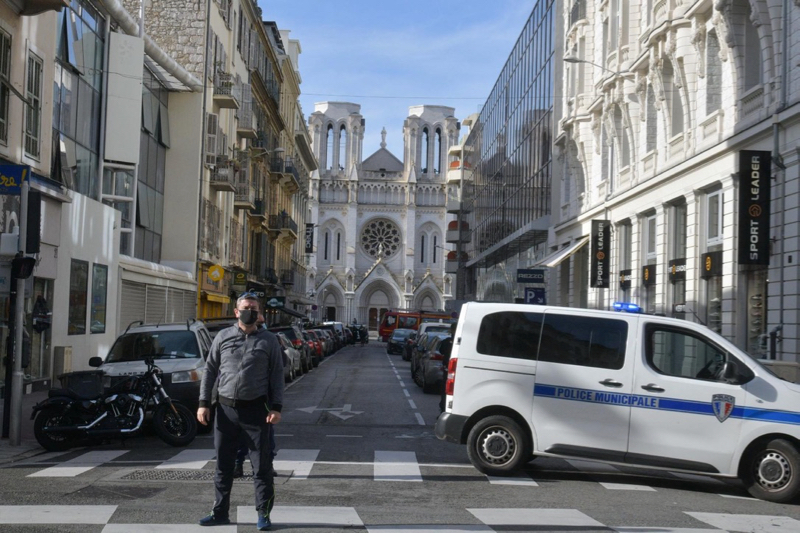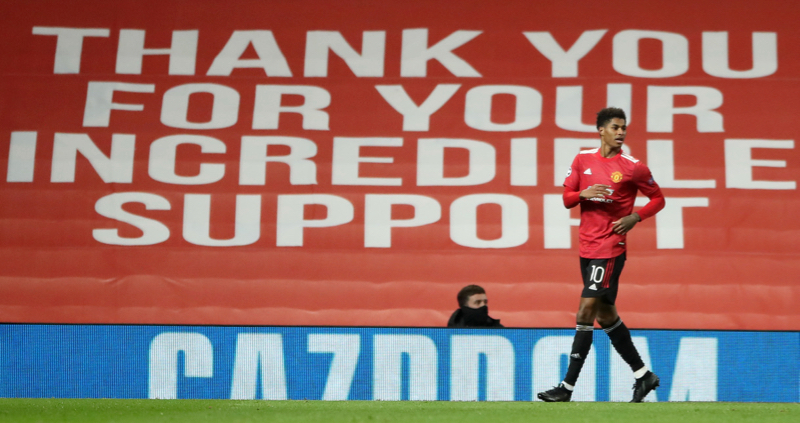Catholic anti-poverty campaigners have criticised the UK government for failing to provide meals for children during school holidays.
Dr Rosemary Keenan, chief executive of the Catholic Children's Society (Westminster), said: “I cannot help but think the government is making a false economy in the short term and the funding for free school meals needs to be additional and ring-fenced.”
She felt that “whether or not a child goes to bed with hunger pains during the school holiday should not depend on their local council supporting Marcus Rashford’s inspiring free school meals campaign,” adding, “that is a postcode lottery and not a public policy to end child food poverty.”
She warned that parents are already struggling with lower incomes because of precarious employment, zero hours contracts and the precaution of two weeks self-isolating when required, often without pay. Since Covid-19 began, the Society has helped thousands in poverty including situations where both parents were made redundant in the same week and the household income dropped to zero.
“There are families living in utter despairand the long term mental health toll of living in poverty is considerable for both parents and their children, and of course the NHS.”
Mark Wiggin, director of Caritas Salford, said: “The provision of free school meals has always been the responsibility of the Department for Education. The charity and voluntary sectors fill in gaps”.
He felt the reason Rashford’s campaign is demanding a wider embrace from Government in that additional demands for help are the direct consequence of Government policy.
“The Government has exercised its legitimate powers and must therefore shoulder its responsibilities,” he said. “People are looking to the state to make the right decision and make it for the right reasons. This is not simply about food; it’s about avoidable hardship and anxiety for people living in poverty and people on very low incomes that are trying to support and feed their families.”
He reported that Caritas Salford serves hundreds of meals daily to people needing extra support: “We are committed to delivering our charitable objectives especially when the State decides that it has already done enough.”
Niall Cooper, director of Manchester-based Church Action on Poverty, said “It’s really important not to lose focus on the fact that this is first and foremost an issue of poverty – of parents not having enough money to adequately feed their children, not just during school holidays.”
He reported many families are being swept into poverty by the pandemic – by loss of work, loss of hours, loss of businesses. “It’s absolutely right to ensure that children are fed during the holidays, but at the same time we must also ensure that that wages and benefit levels are high enough to enable parents to have the dignity of being able to afford to feed themselves and their children well all year round.”
He felt that “just as the case for extending funding for free school meals into the holidays is clear, there is also a compelling moral and economic case for making this lifeline permanent as well”.
Many schools and agencies report increasing poverty and hunger. David O’Farrell, Headteacher of St Bernadette’s School in Kenton, North London, said: “The issue of poverty in our schools is high on my agenda at the moment and I have been busy talking to and working with different agencies such as Caritas, Fareshare and the Catenians.”
The school has run a foodbank for seven years. “My biggest issue is the hidden poverty in our schools which incorporates free school meals (FSMs), but more importantly those in low paid jobs.” Highest numbers in his school are Eastern Europeans followed by Asian (Sri Lankans mainly) children. He reported that a lot of parents are working in low paid jobs, but will not claim FSMs because if they do they will lose their working tax credits which can be worth hundreds of pounds to them each month as opposed to the £10 a week for FSMs.
Mr O’Farrell said that levels of poverty are increasing during the current pandemic crisis and with rents as high as they are. He reported work with Caritas to provide vouchers for parents to use in local supermarkets. Funds from the Cardinal's Lenten appeal provided all schools and parishes in the Diocese of Westminster with vouchers worth £500. “This changed everything for our families in need because it removed the embarrassment factor, provided dignity and enabled them to buy exactly what they needed,” he reported.
Bernadette Fisher, director of Brentwood Catholic Children’s Society, said: “Families have been overwhelmed with the generosity of the community as a whole.” She said: “There has been a collaborative community response in the diocese of Brentwood with many schools and local businesses providing meals”. Social media forums have advertised local support hubs and families are able to access support. The society has been a recipient of the Albert Gubay food voucher scheme, which has helped more than 140 families with Tesco or Asda Vouchers via schools.



 Loading ...
Loading ...